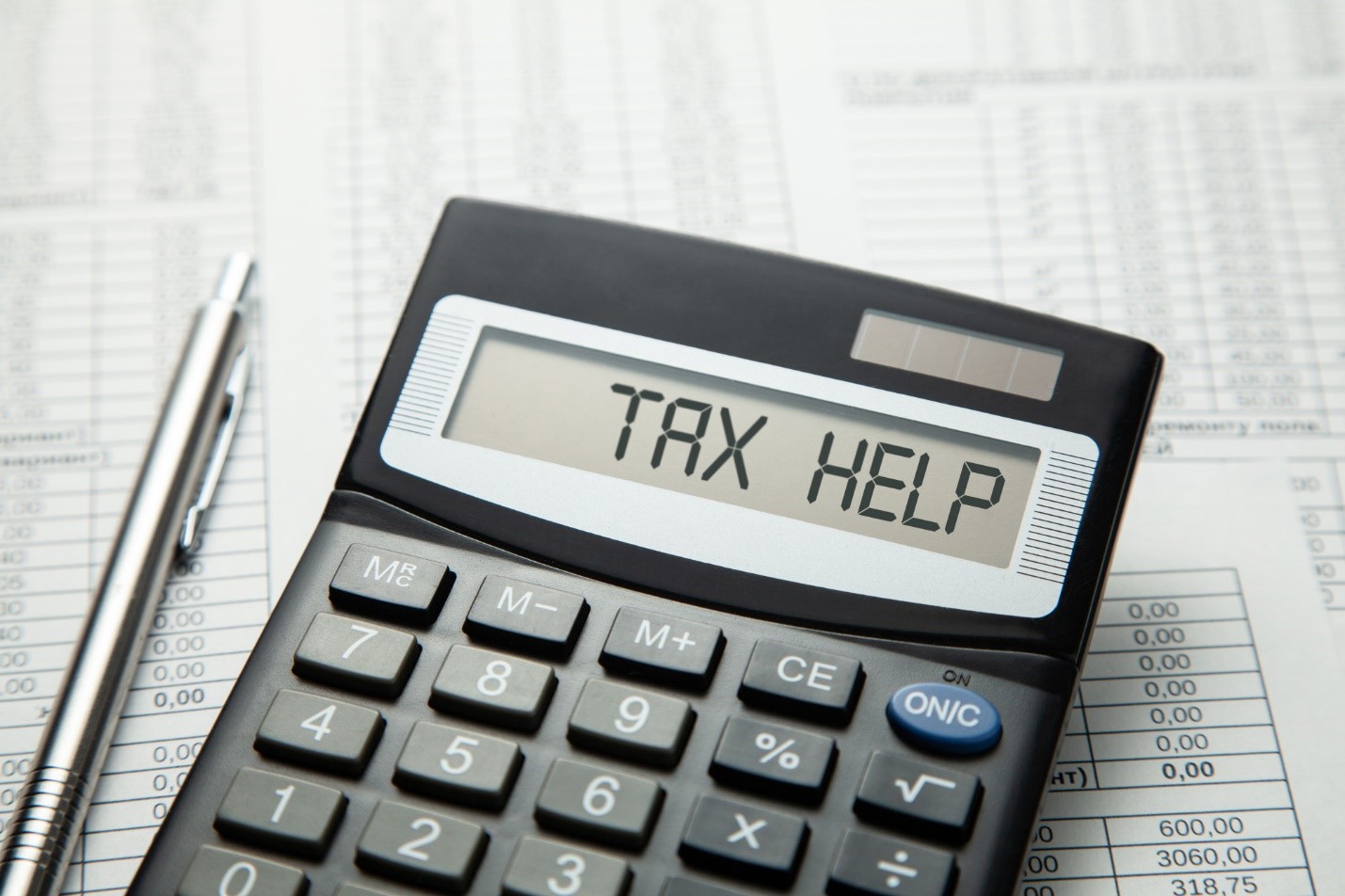
As of 2020, there were 31.7 million small businesses in the US. That number will only grow in the coming years, with countless new business applications filed each year.
The prospect of owning a business can be very exciting. But guiding an enterprise to success is easier said than done. 90 percent of startups eventually fail.
To improve your chances of being in the exclusive 10 percent of startups that succeed, you need to stay on top of your taxes. IRS penalties can cripple your business faster than you think.
Check out these four tax tips for small business owners to help you stay on the safe side.
1. Classify the Business Correctly
Many small businesses, including sole-proprietorships, partnerships, LLCs, and S-corporations, are classified as pass-through enterprises. In a pass-through business, the profit flows to the owner or the members, and the IRS taxes it as personal income.
Reclassifying your business as a C-corporation makes the business income subject to corporate tax, which is typically subject to higher tax cuts. As a result, you get to pay lower taxes.
2. Hire a Tax Professional
Hiring a seasoned tax professional is among the smartest decisions you can make as a small business owner. Professionals like WealAbility advisors can bring a wealth of insight into such issues as tax saving avenues and which deductions to take advantage of.
Working with a competent tax professional eliminates the likelihood of making potentially disastrous tax mistakes. These professionals reduce the risk of tax audits and give you the peace of mind you need to focus on other business tasks.
3. Keep Your Business Records Clean
Record keeping is one of the most helpful skills you can have as a business owner, as it helps you monitor how your business is progressing. With good records, preparing your financial statements becomes a lot easier. You can accurately identify your income sources and track all deductible expenses.
So, what records should you be keeping? Generally, the law doesn’t require a small business to keep any special kind of business records, except in very few cases. However, it’s wise to keep records that indicate your business income and expenses for federal tax purposes, such as receipts, invoices, bank statements, and payroll records.
4. Take Advantage of Home Office Deductions
A significant percentage of small businesses are home-based, yet many small business owners overlook the deduction associated with running a business from a home office. Whether you own the home in which your office is located or rent the house, you can still enjoy this deduction.
So, which expenses should you deduct? The IRS allows you to deduct any expense related to the office space, including rent, utilities, mortgage interest, and property taxes.
Utilize These Tax Tips for Small Business Owners
As a new business owner, the thought of the approaching tax season can induce worry, panic, and anxiety, but this doesn’t have to be the case. By mastering a few tax tips for small business owners, you can go through each tax season with ease and confidence.
Are you interested in reading more great content like this? Please, keep visiting this blog.